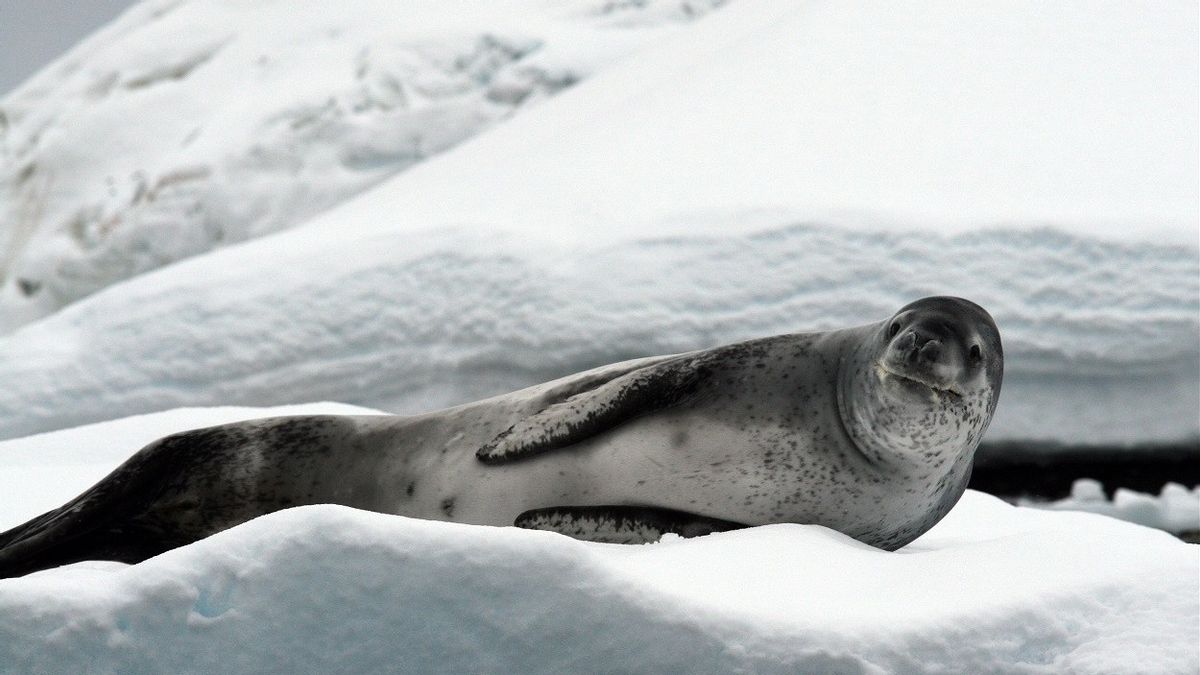JAKARTA - A helmeted seal with antennae may look unusual, but eight Weddell seals, each with a 580g monitoring device on their heads, have helped Japanese researchers survey the waters beneath the thick ice sheet in Antarctica.
Engaged for a research project between March and November 2017, winter in Antarctica, these seals are equipped with head-mounted conductivity, temperature, and depth sensors, which allow scientists to collect observational data, such as water temperature and salinity, in areas with very harsh environmental conditions.
Project leader Nobuo Kokubun said such research helps scientists track animal patterns of behavior and ecology.
"During the summer, we can go to Antarctica on an icebreaker to do the actual research activities, so we can collect data there. But during the winter, things like that can't be done in many places," he said as quoted by Reuters 1 March.
"However, even in such a situation, a lot of animals like seals live in the Antarctic region, so I think we should have them collect the data," Kokubun added.
Data collected from seven seals showed that one of them had traveled 633km (393 miles) from the coast of Japan's Showa Station in Antarctica. While others descend to a depth of 700m (2,297 ft).
Kokubun said scientists also learned from the data that warm seawater from the upper layers of the open ocean reached Antarctica from March to winter that year. The water flows beneath the ice, carrying sea creatures such as Antarctic krill, a major food source for seals.
Aiming to further research the impact of global warming on the Antarctic coastal region, Kokubun next hopes to build a device small enough to fit other Arctic animals such as penguins.
"The advantage with penguins is that they come back to the same place and we can collect data from them immediately. In addition, we can use the device on a large number of penguins so that it can cover a large area," he concluded.
The English, Chinese, Japanese, Arabic, and French versions are automatically generated by the AI. So there may still be inaccuracies in translating, please always see Indonesian as our main language. (system supported by DigitalSiber.id)








